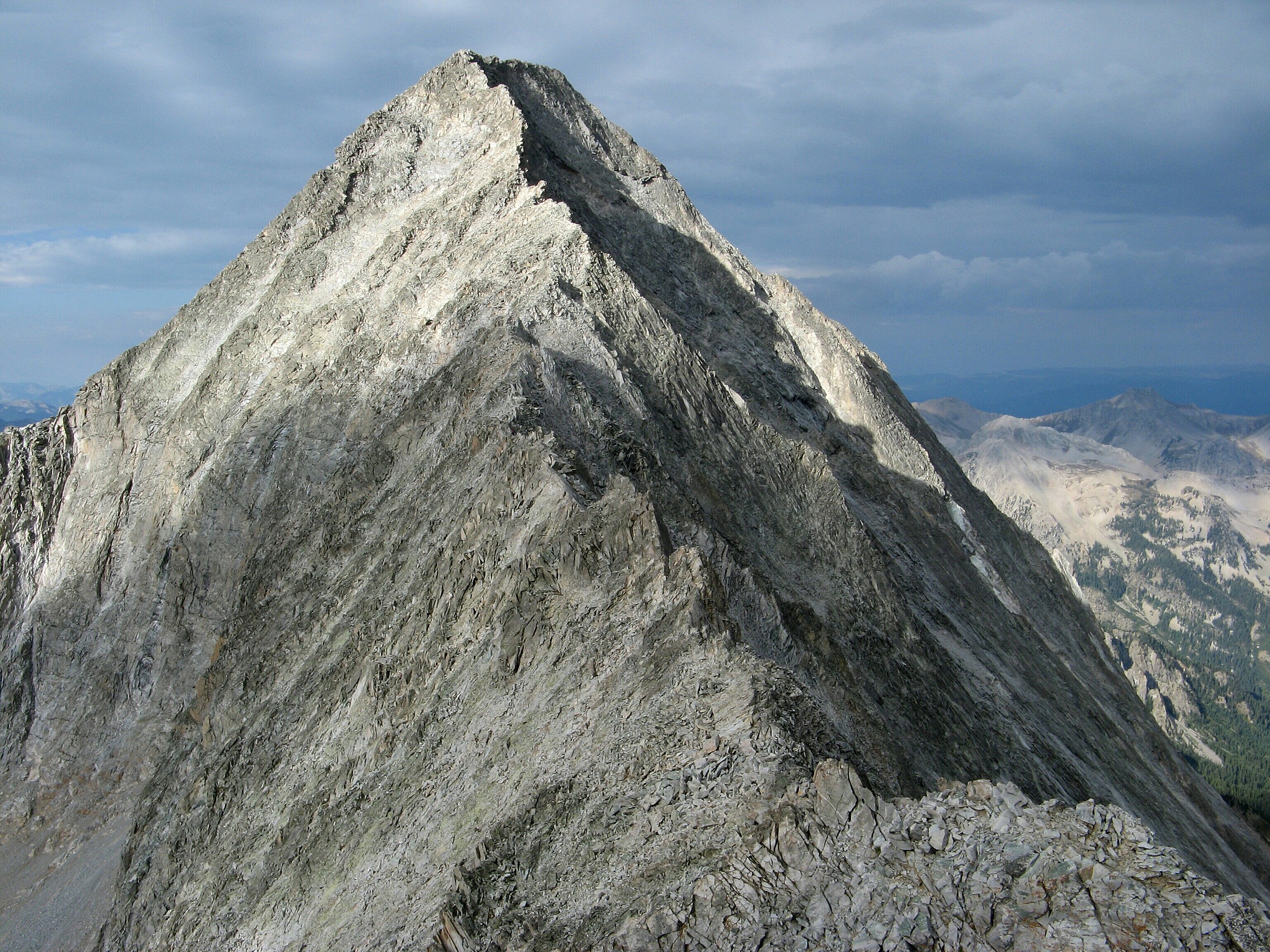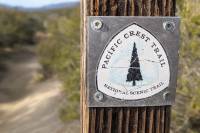For almost 7 years, the fastest known time (FKT) of the western Rockies’ 54-mile Elks Traverse was over a day. But you’ll have to leave a 24-hour turnaround in the dust to beat the new benchmark.
In the middle of the night on Aug. 10, Michael Wirth pulled into the Castle Creek Trailhead below Castle Peak, Colorado (14,274 feet). He’d just finished summiting seven fourteeners, including Castle, during a grueling 54.79-mile push covering 23,234 feet of elevation gain.
He’d also broken a record. Wirth completed the “Elk Traverse,” as the route’s called in FKT culture, in 22 hours, 30 minutes, and 50 seconds. Doing so, he dismantled an existing fastest time, which had stood for a little under 7 years: the legendary Rickey Gates’ Aug. 31, 2015, mark of 27 hours, 25 minutes on the dot.
“I’m very glad to have took off [sic] nearly five hours from the previous record put up by one of the great mountain runners that I’ve looked up to for quite some time @rickeygates,” Wirth said via Instagram.
A Dubious Start; Elks Traverse Details
If you had met Wirth at the first trailhead on the route that morning, you might have thought he didn’t have a promising chance to set a new record. He reportedly showed up at the Capitol Creek Trailhead at 4:06 a.m. on 3 hours of sleep (“lol,” he commented).
Regardless, he started his watch and leaned into the job. The route requires that runners tag all seven fourteeners in the Elk Range between the start and finish trailheads: Capitol Peak (14,131 feet), Snowmass (14,105 feet), Maroon Peak (14,163 feet), North Maroon (14,022 feet), Pyramid (14,029 feet), Conundrum (14,064 feet), and Castle.
Reflecting on the successful record attempt, Wirth spoke to a strong personal affinity for the route: its history, difficulty, and unique character.
“This route was first done by @nealbeidleman and Jeff Hollenbaugh in 1996 in 34 hours. [It] means so much to me that it’s hard to explain,” he began. “It’s undoubtedly one of the hardest routes in all of Colorado, if not the most difficult, due to the amount of elevation gain and travel on very technical terrain. Only 20ish miles of the route are on actual trails — the rest involves running on boulders, running on faint elk trails, scrambling up 3rd and 4th class terrain, and a few sections of 5th class free solo climbing.”
Evidence indicates Wirth was up to the challenge.
A Personal Hero Weighs In
He went on to detail dehydration, exhaustion, and instrumental support from friends along the way. Spirits, at least in retrospect, remained high.
“At the Maroon Bells Parking lot, I had some amazing friends waiting there for me with some food, drink, and big hugs!! Carly Valerious made me a sardine avocado burrito at my request, which resulted in a bit of bloating for the next hour,” Wirth recalled.
He concluded with a note on purpose. “Arguably most importantly, I started the day under the moonlight with The Earth Mother Prayer as all of this mountain stuff I do is about connection, never conquering,” he wrote.
First name in the comment thread as of this writing? One Rickey Gates.
“So psyched for you. You’ll remember this adventure for years to come — the land you touched, the people you shared it with, sunrise, sunset,” Gates wrote. “Curious how much time you think can be chiseled away from yours — either by you or somebody else?”
Wirth’s response indicates he thinks his FKT on the Elks Traverse is far from final.
“I do think that the route could go sub-20 by someone in truly pristine condition that knows these mountains very well. I would be stoked to see that!!!!!!”
Six exclamation points; one FKT. At a certain point, it’s a numbers game.



